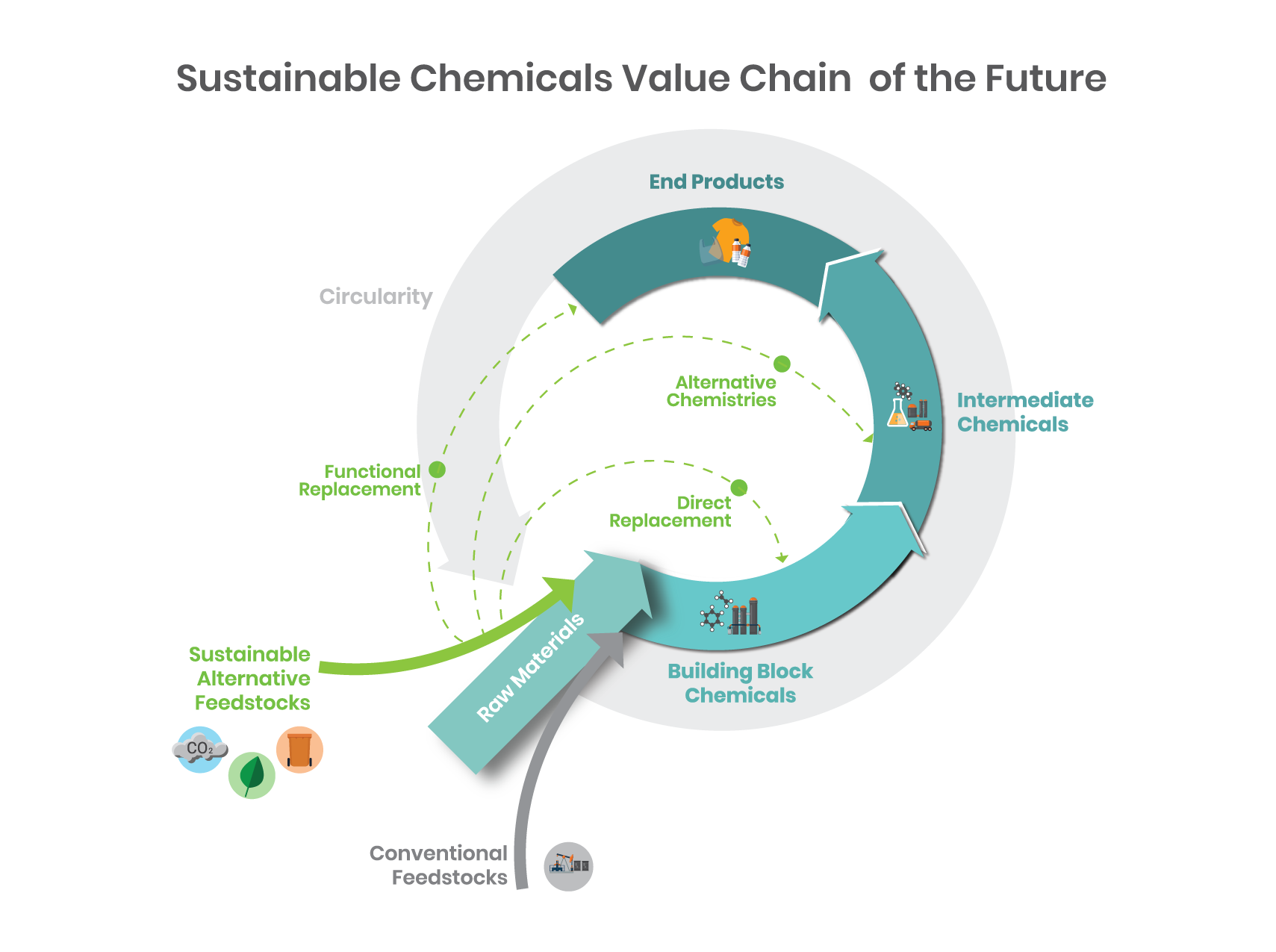Just How to Make Sure Conformity When Utilizing Chemical Products in Your Operations
Just How to Make Sure Conformity When Utilizing Chemical Products in Your Operations
Blog Article
Trick Factors To Consider for Selecting the Right Chemical Products to Accomplish Efficient Integrated Solutions in Your Workflow
Choosing the ideal chemical items for incorporated solutions in operations requires a multifaceted method that includes different critical considerations. From evaluating chemical compatibility to making sure adherence to regulative requirements, each aspect plays a critical role in optimizing functional performance and safety and security.
Understanding Chemical Compatibility

To review compatibility, one ought to take into consideration elements such as the chemical homes of the materials entailed, including pH, focus, temperature level, and the existence of impurities. Using compatibility graphes and data sources can offer beneficial insights into prospective communications. Additionally, carrying out small tests can assist identify unpredicted reactions that may not be recorded.
Factors such as humidity, light exposure, and temperature can influence the stability and reactivity of chemical items. By prioritizing chemical compatibility throughout the selection procedure, organizations can boost operational efficiency, lower the risk of crashes, and make sure conformity with security protocols.
Examining Regulatory Compliance
In the facility landscape of chemical product option, assessing governing conformity is vital to ensuring not only safety and security but likewise lawful adherence. Organizations has to navigate a myriad of policies, from regional and nationwide laws to international standards, that regulate the usage, storage space, and disposal of chemical substances. This requires a detailed understanding of applicable policies such as the Occupational Security and Health And Wellness Administration (OSHA) requirements, the Environmental Defense Firm (EPA) standards, and the European Union's Enrollment, Analysis, Authorisation and Constraint of Chemicals (REACH)
When choosing chemical items, it is necessary to verify that vendors supply Security Data Sheets (SDS) that detail potential hazards and handling needs. In addition, organizations need to confirm that the chemicals adhere to industry-specific policies, which might enforce additional specifications. Non-compliance can bring about serious penalties, consisting of fines and functional shutdowns.
Furthermore, organizations must remain updated on governing modifications, as non-compliance can emerge from out-of-date techniques. Establishing a durable compliance method, including routine audits and staff member training, can help make certain adherence to present laws. Ultimately, prioritizing governing compliance not only alleviates threat but likewise boosts the company's credibility and functional performance.
Assessing Environmental Influence
How can organizations successfully analyze the environmental impact of chemical items during the option process? A detailed assessment needs a diverse technique, including information on you could try here the life process of products, from production to disposal. Organizations ought to begin by identifying the potential hazards related to each chemical, including poisoning, determination in the atmosphere, and bioaccumulation potential. Making use of devices such as Security Data Sheets (SDS) and environmental threat evaluations allows a clearer understanding of these aspects.
Furthermore, organizations can utilize third-party accreditations and eco-labels that show compliance with ecological standards - Chemical Products. Engaging with distributors who focus on sustainability practices can likewise boost the selection process. It is critical to evaluate not just the direct impacts of chemical use yet also the indirect effects, such as power intake and waste generation
Executing life process assessment (LCA) approaches can give thorough understandings right into the ecological impact of chemical products, highlighting areas for improvement. By prioritizing transparency and partnership with stakeholders, companies can make enlightened choices that align with their sustainability goals while reducing negative environmental results. This positive technique eventually promotes an extra Continued accountable and eco-conscious operational framework.
Evaluating Cost-Effectiveness
While evaluating chemical products for functional use, organizations must likewise think about cost-effectiveness as a critical consider the choice process. This entails evaluating not only the first acquisition price yet likewise the total price of ownership, which consists of elements such as use effectiveness, upkeep, and disposal costs. Chemical Products. An item that appears cost-effective upfront may sustain higher prices in energy usage or require more constant substitute, eventually influencing the bottom line
Furthermore, companies should evaluate the possibility for cost savings with maximized formulations that improve efficiency and lower waste. Items that call for reduced application prices or offer faster processing times can lead to substantial savings over time. It is also vital to think about the effect of governing conformity expenses, as non-compliance can lead to fines and enhanced functional costs.
Moreover, organizations should evaluate the lasting worth obtained from the chemical products, consisting of boosted high quality, enhanced productivity, and enhanced safety and security. A detailed cost-effectiveness analysis encourages companies to pop over to this site make informed choices that line up with both their financial objectives and operational purposes, eventually leading to lasting and effective techniques.
Identifying Vendor Reliability
Provider dependability is vital when choosing chemical items for procedures, as it straight affects both item top quality and functional performance. A dependable provider constantly provides high-grade items on time, making sure that your procedures remain continuous.
Next, consider the supplier's background of compliance with regulations and criteria. A respectable supplier needs to have a robust quality control program that follows sector guidelines. In addition, assess their capacity to supply technical assistance and product info, which is essential for educated decision-making.

Final Thought
In conclusion, picking the appropriate chemical products for incorporated services requires a thorough assessment of numerous critical elements. Recognizing chemical compatibility, guaranteeing governing compliance, examining environmental effects, assessing cost-effectiveness, and identifying trusted providers jointly add to informed decision-making. Such a technique not only improves functional performance and safety and security yet also reduces possible threats. Focusing on these factors to consider can lead to even more lasting and reliable operational methods in different industries.
Report this page